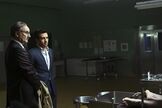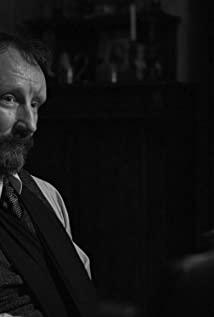One more star for reflecting on the subject of Nazis, the film itself is really bad
1. There are too many coincidences in the relationship between the characters, and the entire court trial is based on this coincidental relationship, which is not convincing. The victim happened to be an "adoptive father" who had infinite kindness to the lawyer and the hero. The hero just took over the case without knowing it beforehand (I thought there would be a reverse bridge like deliberately arranging the hero to defend in the second half. part). The victim is the "adopted father", the victim's daughter is the ex-girlfriend who has revived the old relationship, and the victim's lawyer is also the male teacher's teacher. It's too many coincidences...
2. Spending so much space to shoot memories, but also paving the way for the victim's son's car accident (I also thought there would be a reversal here), the victim's daughter's old love revived, what does it have to do with the plot of the movie? The only function is to elicit that pistol?
3. There are some convoluted plots, which are thought to be foreshadowing, but they are actually useless. For example, when the defendant finally spoke up and told the male protagonist that you would also lose your father eventually, I thought it was an important clue but it didn't...
4. The plaintiff's lawyer is an old tool... At first, he defended the victim. The plot needs to advance. Suddenly he became a participant in the key bill, and suddenly he was persuaded by the male protagonist to admit the irrationality of the bill...
5. The emotional transformation of the characters also lacks foreshadowing. For example, does the male protagonist know that the victim should not have a series of emotional transformations that are shocking, tangled, and painful...
View more about The Collini Case reviews











